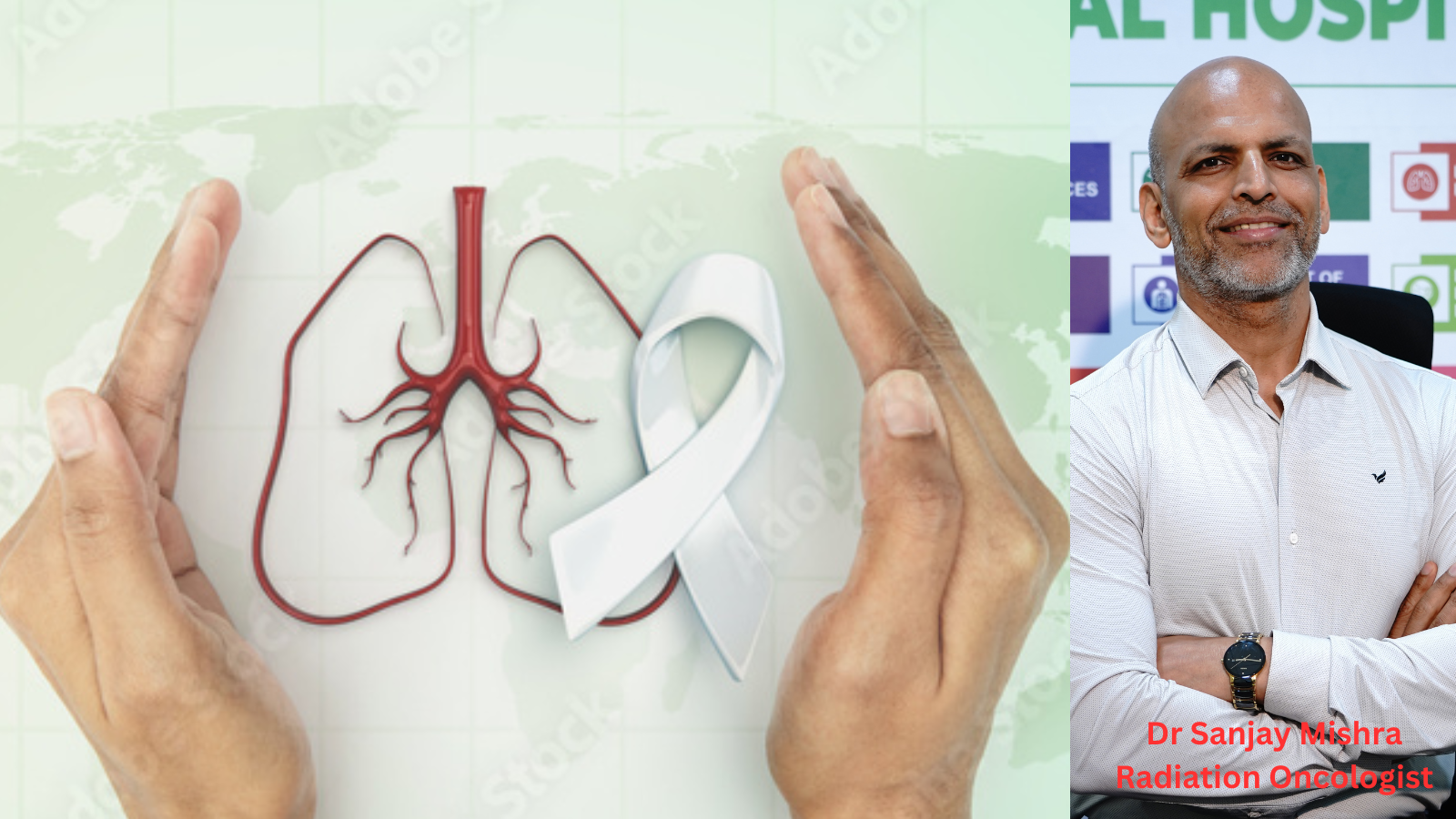Lung cancer is the leading cause of cancer-related deaths globally, accounting for approximately 18% of all cancer deaths. The incidence of lung cancer varies by region, mainly reflecting differences in smoking prevalence. In developed countries, lung cancer incidence rates are beginning to decline due to reduced smoking rates, while in developing countries, the rates are rising as smoking becomes more prevalent.
The primary cause of lung cancer is prolonged exposure to carcinogens, with tobacco smoke being the most significant contributor.
Several risk factors contribute to the development of lung cancer:
1. Smoking: The most significant risk factor, accounting for about 85% of lung cancer cases. Both active smoking and second-hand smoke exposure increase risk.
2. Age: The risk increases, particularly in individuals over 65.
3. Family History: A family history of lung cancer increases risk, possibly due to shared genetic factors and environmental exposures.
4. Exposure to Carcinogens: Occupational or environmental exposure to carcinogens like asbestos, radon, and certain chemicals.
5. Chronic Lung Disease: Chronic obstructive pulmonary disease (COPD) and pulmonary fibrosis.
Treatment of lung cancer depends on the type (non-small cell lung cancer (NSCLC) or small cell lung cancer (SCLC)), stage, and overall health of the patient. The main treatment options include:
1. Surgery
2. Radiation Therapy
3. Chemotherapy
4. Targeted Therapy
5. Immunotherapy:
Increasing awareness about lung cancer risk factors and symptoms is crucial for early detection and improving outcomes. Key strategies include:
1. Public Health Campaigns: Educating the public about the dangers of smoking and the benefits of smoking cessation.
2. Screening Programs: Low-dose CT scans for high-risk individuals (e.g., long-term smokers) can detect lung cancer at an earlier, more treatable stage.
3. Advocacy and Support: Supporting lung cancer research and patient advocacy can drive advances in treatment and care.
Lung cancer remains a significant public health challenge, but progress is being made through research, improved treatments, and heightened awareness. Reducing smoking rates, increasing early detection through screening, and advancing treatment options are crucial to improving outcomes for lung cancer patients. Continued efforts in education, research, and patient support are essential in the fight against this deadly disease.

This article is written by Dr Sanjay Mishra, Director- Radiation Oncology, Utkal hospital
Contact- +91 90199 60007



